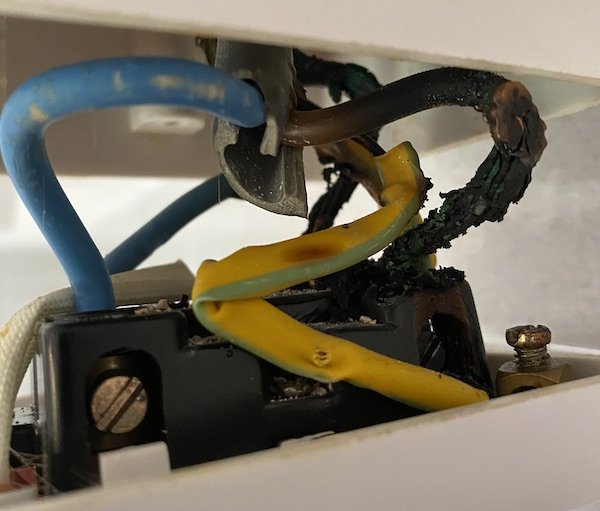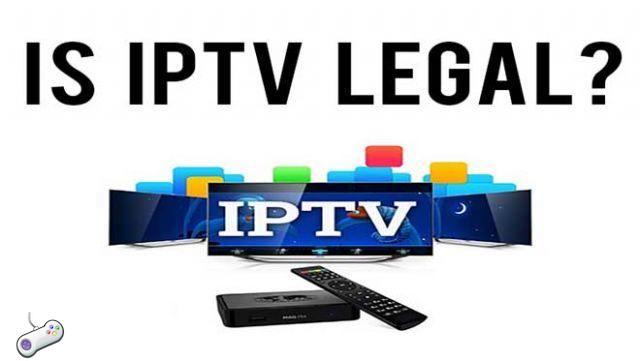Electricity is the lifeblood of modern businesses. From powering essential equipment to providing adequate lighting, a robust electrical system is paramount for any commercial establishment. Whether you’re setting up a new business or renovating an existing space, understanding the nuances of commercial electrical installation is crucial. In this comprehensive guide, we will walk you through the essentials of commercial electrical installation, ensuring that your business runs smoothly and safely.
1. Understanding the Basics: Commercial electrical systems are vastly different from residential setups. Understanding the voltage requirements, load calculations, and safety codes specific to commercial spaces is the first step. Hire a licensed electrician who specializes in commercial installations to assess your requirements accurately.
2. Planning Your Electrical Layout: Careful planning is the cornerstone of an efficient commercial electrical system. Work closely with your electrician to create a layout that accommodates your current needs and allows for future expansion. Consider the placement of outlets, lighting fixtures, and any specialized equipment requiring electricity.
3. Compliance and Permits: Navigating the legalities is critical in commercial electrical installations. Ensure that your project complies with local building codes and regulations. Acquire the necessary permits before commencing any work. Compliance not only ensures the safety of your occupants but also protects you from legal complications down the line.
4. Choosing the Right Components: Selecting high-quality electrical components is non-negotiable. From wires and cables to switches and circuit breakers, invest in products from reputable manufacturers. Quality components not only enhance the efficiency of your system but also minimize the risk of electrical failures and fires.
5. Energy Efficiency and Sustainability: Incorporating energy-efficient solutions not only reduces your carbon footprint but also saves you money in the long run. Consider LED lighting, motion sensors, and programmable thermostats to optimize energy consumption. Additionally, explore renewable energy sources such as solar power to supplement your electricity needs.
6. Safety Measures: Safety should always be a priority in commercial electrical installations. Implement safety protocols such as grounding systems, surge protection, and proper labeling of circuits. Install smoke detectors, fire alarms, and emergency lighting to ensure the safety of your employees and customers in the event of an emergency.
7. Regular Maintenance: Once your commercial electrical system is up and running, regular maintenance is essential. Schedule periodic inspections by licensed electricians to identify and address potential issues before they escalate. Preventive maintenance not only prolongs the lifespan of your electrical components but also ensures the uninterrupted operation of your business.



